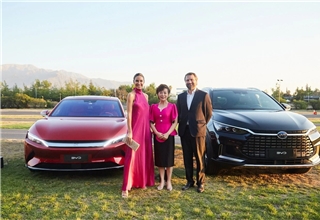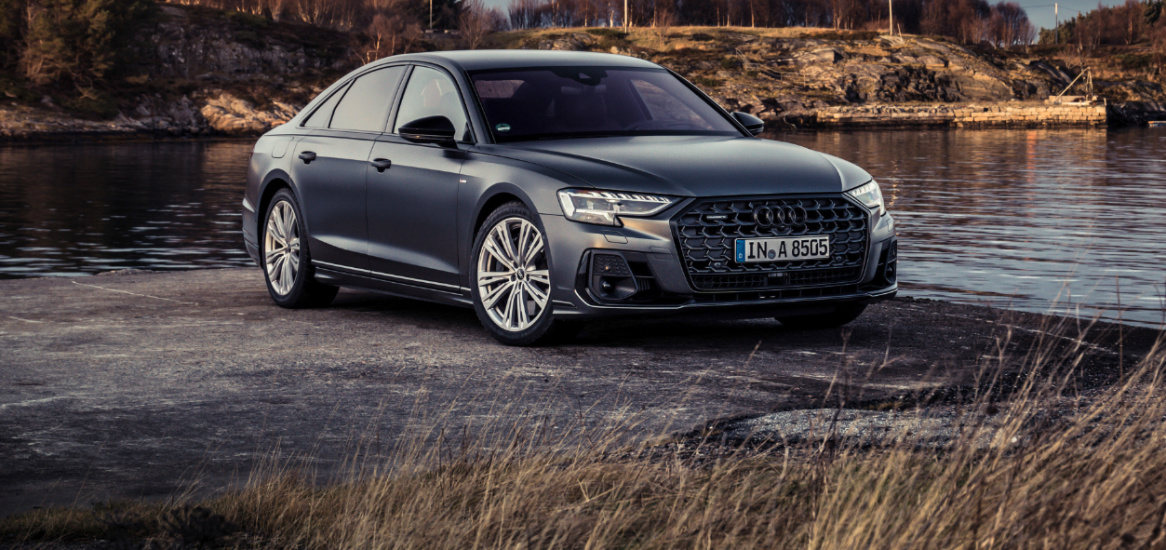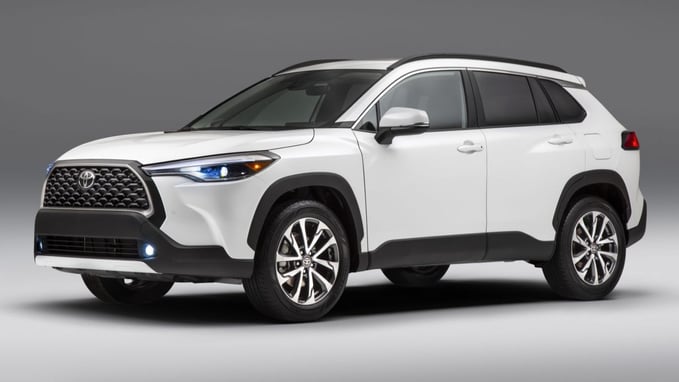Consumers Not Interested in Car Tech. Refine or Ditch?
Vehicles represent the continuation of one of humanity’s greatest achievements – the wheel, before which we had to move giant stones and pyramid blocks around on the backs of the less fortunate. Given the position of the car as something that’s evolved with us for the last hundred years or so, it’s inevitable that it would have reached an advanced state of development by now – and it has.
Unfortunately, drivers aren’t as interested in the ongoing development of the car as manufacturers are. Granted, new comfort and safety features are always a plus for owners but mobile phone apps, premium services, and modern bits of technology have actually created barriers between drivers and the road, rather than improving the way that they interact with their vehicles.
Analytics company J.D. Power put all the above into statistics recently, noting that 61% of car owners never used the digital technology that came bundled with their vehicle. These include gimmicks such as touch screens and gesture control. While the latter may help keep drivers’ eyes on the road, technology based on hand movements has struggled to take off in just about all areas of life, including on mobile devices.
A further 51% of owners claimed that they had no need for all the bells and whistles installed in their car. However, as mentioned, comfort and safety tools were praised by many respondents. Single-pedal driving in electric cars earned top marks in the survey, as did rear and ground-facing cameras. The difference between the top and bottom technologies in the survey is in how relevant they are to actually driving a car.
Gift Economy
The concern for car manufacturers is that these kinds of frills don’t offer value, as they inflate the cost of the vehicle with no return for the driver. Value, something that is difficult to put a number on, is nevertheless the central facet of all kinds of commerce and is manipulated by marketers to try to get more customers on board. This usually creates a kind of gift economy that has numerous examples in areas as disparate as cosmetics and beverages.
The internet and digital media make extensive use of this trick by offering gifts with purchase. For instance, casino websites like LeoVegas, King Billy, and Jackpot City are included in the various free spins bonuses listed by Bonusfinder, a site that seeks to make sense of this vast market. Video games companies like Epic also push free titles as an incentive for customers to spend money.
To put that idea back into the context of cars, onboard tech of all kinds would be appreciated more if it wasn’t bound to the cost of the car. Alternatively, it should be optional. Of course, there’s a problem with this approach, as it may prevent car tech from advancing if too many drivers opt out of fancy odds and ends in their vehicle. At this stage, it’s debatable whether car technology needs refining or if this kind of experimentation is simply incompatible with driving.




